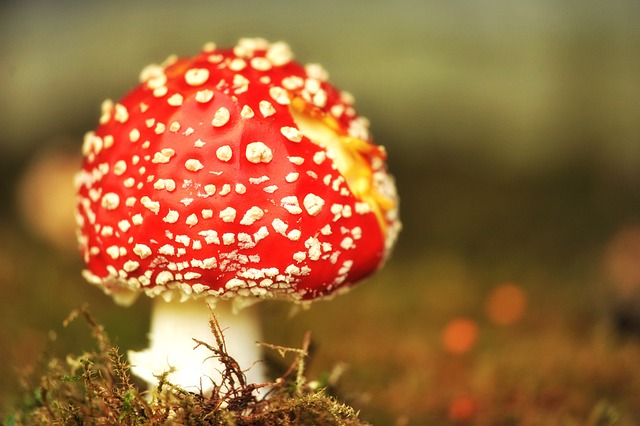Getting Rid of Fruit Flies in the Kitchen
Fruit flies are a notorious nuisance in any kitchen. Not only are they a purely aesthetically displeasing problem, but fruit flies also carry bacteria and contaminate food. To ensure your kitchen remains tidy, clean and free of these airborne pests, here we will detail how to get rid of fruit flies in the kitchen.
Clean, Clean and Clean Again
The first, and perhaps the most important, step in getting rid of fruit flies is to keep a clean kitchen. Wash all dishes, counters, and surfaces frequently and properly dispose of any food waste quickly. Additionally, regularly wipe down damp surfaces, as fruit flies in particular thrive and multiply in moist areas.
Empty Garbage Cans and Dispose of Food Waste Thoroughly
Empty your trash cans daily and dispose of food waste responsibly and quickly. Home composting is one great option for organic and biodegradable material. If you have a pet food bin, keep it sealed and away from where you keep fresh produce, as it can easily attract fruit flies.
Eliminate Areas Where Fruit Flies Breed
Fruit flies lay their eggs in fermented and decaying fruit, as well as near beverages and other areas with open access to food. To prevent future infestations, discard overripe fruit, thoroughly clean soda syrup lines, or any other location that could be harboring fruit fly eggs or larvae.
Smells and Scents to Deter Fruit Flies
The smell of vinegar and lemon are said to be helpful in deterring fruit flies. Boil two parts vinegar with one part water, adding slices of lemon to the mixture can make it smell even more inviting. Place a bowl of the solution near fruit bowls and other attractive spots.
Use Natural Products to Get Rid of Fruit Flies
Natural products like cinnamon, cloves, and bay leaves can provide a powerful aroma that repels fruit flies. Mix these products and place them in the area where fruit flies are most prevalent. To keep fruit flies from entering the home, prepare a homemade spray using rubbing alcohol, distilled vinegar, and essential oils.
Construct a Trap to Draw out Fruit Flies
If other approaches do not seem to be helping, make a simple fruit fly trap with plastic wrap, funnel, and a ripe fruit or sugary liquid. Punch some small holes in the plastic wrap and make a funnel shape. Fill a cup halfway with the sugary liquid or ripe fruit and place the funnel into the cup and secure it with the rubber band. The sweet smell of the fruit will attract the flies, but when they get to the liquid, they will be unable to get out.
People Also Ask
What are the signs of a fruit fly infestation?
Signs of a fruit fly infestation include small flies hovering around fresh produce and other food items, spots of dried fluid near food sources, and maggots in the compost.
What is the life cycle of a fruit fly?
The life cycle of a fruit fly involves six stages: egg, larva, pupa, adult, mating and feeding. The entire process takes approximately 30 days, but can vary depending on the climate.
Can I use insecticide to get rid of fruit flies?
Insecticide should be a last resort. Use non-toxic, natural products and traps to try getting rid of fruit flies before trying insecticide.
How long can fruit flies live?
Under good conditions, fruit flies can live for up to 30 days. Heat, sunlight, humidity and food sources all impact the life span of a fruit fly.
Will fruit flies bite me?
Fruit flies are not known to bite. While they will settle on you to rest, they generally do not sting or bite humans.
Final Words
Fruit flies can be a major nuisance in the kitchen. Thankfully, there are many simple ways to keep fruit flies at bay. Regular cleaning and the use of natural deterrants, as well as traps, can help to keep these pesky bugs out of the kitchen.

